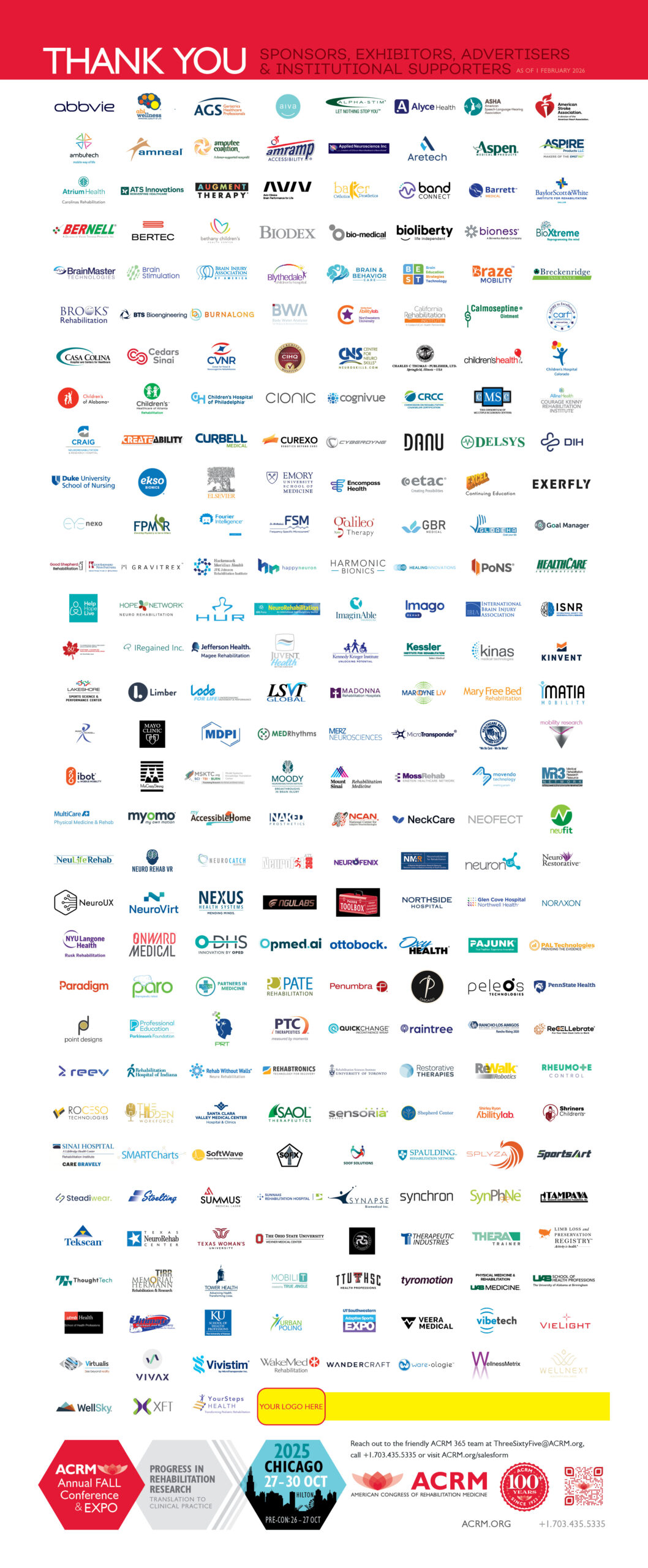Arts & Neuroscience Journal Club
The Journal Task Force is focused on bringing high quality content to ACRM Membership via regular journal club sessions
that cross multiple specialties and introduces relevant topics to encourage adoption of arts-based interventions and research
Journal Club Task Force Goals
• The goal of the ANNG Journal Club is to create a space to connect, review, and discuss relevant literature to our
group’s mission to build awareness of and advocacy for the clinical application of the arts and neuroscience in
rehabilitation.
The goal of the ANNG Journal Club is to create a space to connect, review, and discuss relevant literature to our group’s mission to build awareness of and advocacy for the clinical application of the arts and neuroscience in rehabilitation.
Additionally, we welcome this as a space to share, socialize, ask questions, and form collaborations. Feel free to drop in or fully participate. All are welcome to join to learn more about the latest research and clinical applications of the arts and neuroscience in rehabilitation.
JOIN US!
The opportunity to participate in more than 20 specialized interdisciplinary special interest groups (ISIG) and networking groups and to engage in their task forces, is one of the most valuable benefits of ACRM membership.
Membership is available at various levels and includes a subscription to the most-cited journal in rehabilitation, Archives of Physical Medicine and Rehabilitation, as well as discounted member pricing on all ACRM products and events.
Click the JOIN NOW button to learn more or contact Member Services at +1.703.435.5335 for personal assistance. Contact a co-chair to learn more about this networking group and ways to participate.
CO-CHAIRS

Jess Rushing, PhD, MT-BC
CO-CHAIR
Assistant Professor and Music Therapy Clinic Supervisor
University of Louisville

Isabelle Buard, PhD
CO-CHAIR
Research Assistant Professor of Neurology
University of Colorado Denver – Anschutz Medical Campus
PAST JOURNAL CLUB ARTICLES
August 10
Jones, K. M., Kyddb, R., Broadbentc, E., Theadoma, A., Barker-Collod, S., Edwards, H., Feigina, V. L., & for the BIONIC Study Group. (2016). Brain drawings following traumatic brain injury (TBI) and links to illness perceptions and health outcomes – Findings from a population-based study. Psychology & Health, 31(10), p.1182–1202. http://dx.doi.org/10.1080/08870446.2016.1193178
8 June
Maura Fisher, Naila Kuhlmann, Hugo Moulin, Joanabbey Sack, Tania Lazuk & Ian Gold (2020) Effects of Improvisational Dance Movement Therapy on Balance and Cognition in Parkinson’s Disease, Physical & Occupational Therapy In Geriatrics, 38:4, 385-399, DOI: 10.1080/02703181.2020.1765943
13 April
Harrison, E.C., Horin, A.P. & Earhart, G.M. Internal cueing improves gait more than external cueing in healthy adults and people with Parkinson disease. Sci Rep 8, 15525 (2018). https://www.nature.com/articles/s41598-018-33942-6#citeas
9 March
Hackney, M. E., & Earhart, G. M. (2009). Effects of dance on movement control in Parkinson’s disease: a comparison of Argentine tango and American ballroom. Journal of rehabilitation medicine, 41(6), 475-481.
**To volunteer to lead a journal discussion, please contact Jess Rushing.












